The music industry has witnessed a seismic shift in recent years, with video game soundtracks emerging as a formidable force in the global market. Once considered a niche category, game soundtracks have now surpassed mainstream pop albums in sales, accounting for an impressive 27% of total music revenue. This remarkable trend reflects not only the growing influence of gaming culture but also the evolving tastes of consumers who crave immersive, narrative-driven musical experiences.
The rise of video game soundtracks can be attributed to several factors, including the increasing sophistication of game narratives and the emotional depth of their scores. Composers like Nobuo Uematsu, Hans Zimmer, and Sarah Schachner have elevated game music to an art form, crafting soundscapes that rival Hollywood film scores. These compositions are no longer mere background noise; they are integral to the gaming experience, often becoming as memorable as the games themselves.
Streaming platforms have played a pivotal role in this transformation. Services like Spotify and Apple Music have dedicated sections for video game soundtracks, making them easily accessible to a broader audience. The popularity of these tracks extends beyond gamers, with many listeners drawn to their cinematic quality and emotional resonance. Soundtracks from games like "The Last of Us," "Halo," and "The Witcher 3" have amassed millions of streams, proving that game music has transcended its original medium.
Another driving force behind this trend is the cultural phenomenon of live orchestral performances of game music. Events like "Video Games Live" and "Distant Worlds: Music from Final Fantasy" have sold out concert halls worldwide, attracting diverse audiences ranging from hardcore gamers to classical music enthusiasts. These performances have legitimized game music as a serious artistic endeavor, further boosting its commercial appeal.
The pandemic era accelerated this shift, as people turned to gaming for entertainment and connection. With more time spent immersed in virtual worlds, players developed deeper appreciation for the music that shaped their experiences. This period saw a surge in soundtrack sales, with many gamers purchasing albums to relive their favorite moments outside of gameplay. The emotional attachment to these scores has proven to be a powerful driver of sales.
Record labels have taken notice of this growing market, investing heavily in high-quality game soundtracks. Major publishers now release deluxe editions of scores, complete with behind-the-scenes content and composer commentary. Limited vinyl pressings of popular game soundtracks have become collector's items, often selling out within hours of release. This merchandising strategy has contributed significantly to the commercial success of game music.
Interestingly, the demographic buying these soundtracks is more diverse than traditional music consumers. While pop albums typically target specific age groups, game soundtracks appeal to a wide range of listeners, from teenagers to middle-aged professionals. This broad appeal has made them a reliable revenue stream for the music industry, especially as traditional album sales continue to decline.
The crossover between game music and mainstream culture has become increasingly evident. Popular artists like Imagine Dragons and CHVRCHES have contributed original songs to game franchises, while classical musicians regularly perform game music in prestigious venues. This blurring of boundaries suggests that game soundtracks are not just competing with pop albums - they're redefining what popular music can be.
As technology advances, the line between interactive and passive musical experiences continues to blur. Adaptive soundtracks that change based on player actions represent the next frontier in game music, offering unprecedented creative possibilities. With virtual reality and augmented reality gaming on the horizon, the demand for immersive, high-quality scores will likely grow even stronger.
The music industry's landscape has undeniably changed, with game soundtracks claiming their place as a dominant force. Their ability to tell stories, evoke emotions, and create lasting memories has resonated with millions worldwide. As gaming culture continues to permeate mainstream society, this trend shows no signs of slowing down. The soundtrack revolution is here, and it's playing on.
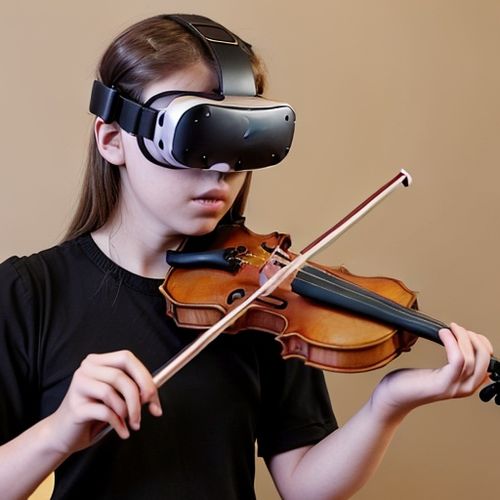
By Olivia Reed/Apr 13, 2025

By William Miller/Apr 13, 2025

By Amanda Phillips/Apr 13, 2025

By Megan Clark/Apr 13, 2025

By Joshua Howard/Apr 13, 2025
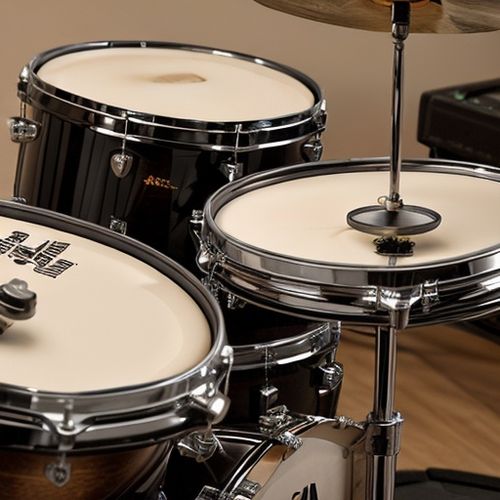
By Samuel Cooper/Apr 13, 2025

By Elizabeth Taylor/Apr 13, 2025
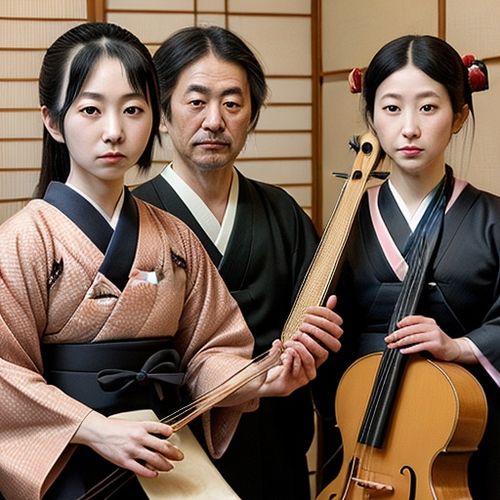
By Eric Ward/Apr 13, 2025

By Emma Thompson/Apr 13, 2025
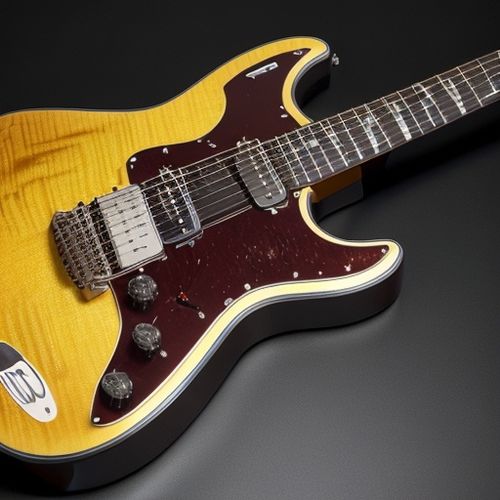
By Noah Bell/Apr 13, 2025
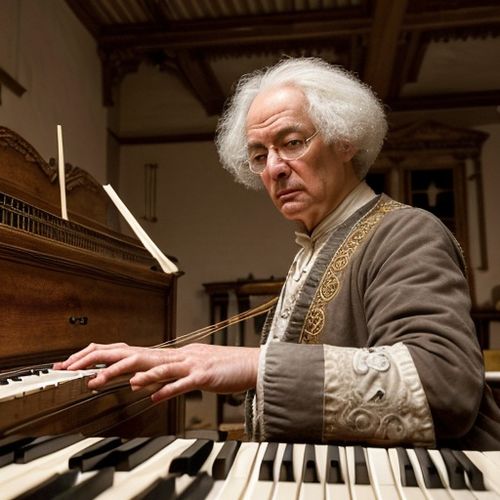
By Sarah Davis/Apr 13, 2025
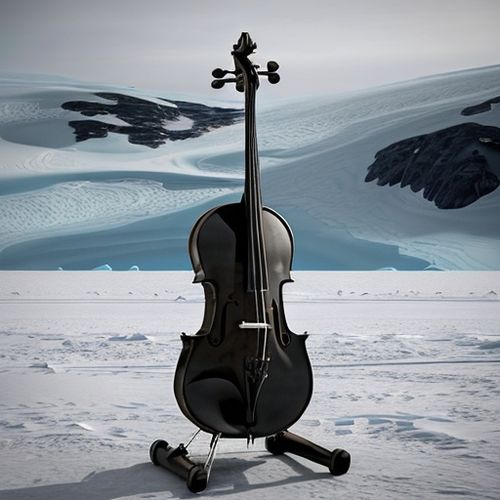
By Eric Ward/Apr 13, 2025
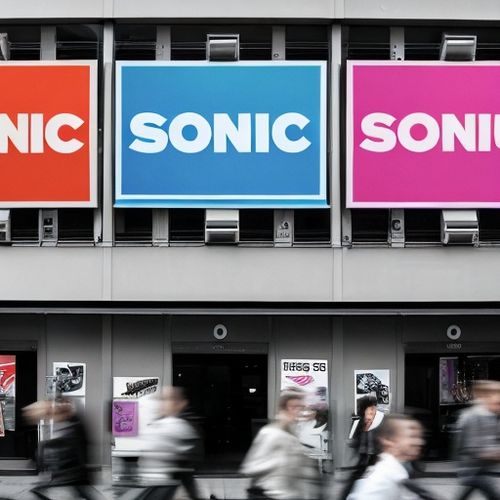
By Daniel Scott/Apr 13, 2025
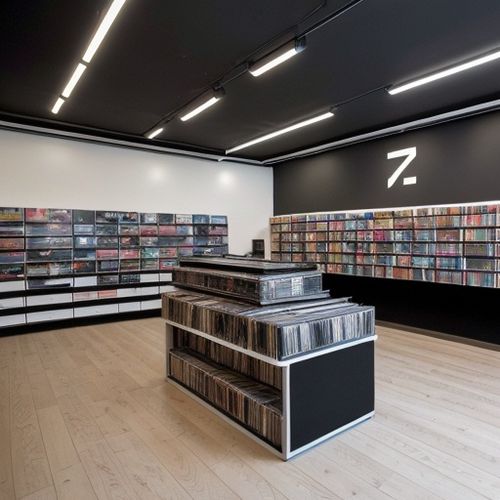
By Benjamin Evans/Apr 13, 2025
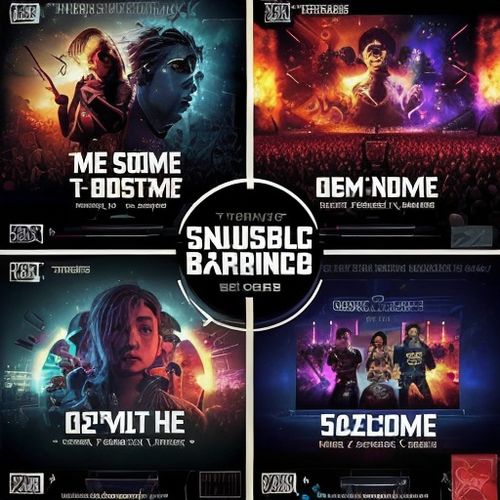
By Elizabeth Taylor/Apr 13, 2025

By Grace Cox/Apr 13, 2025
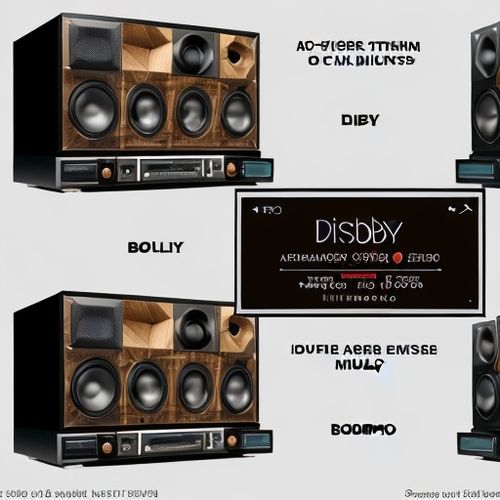
By Megan Clark/Apr 13, 2025

By Benjamin Evans/Apr 13, 2025
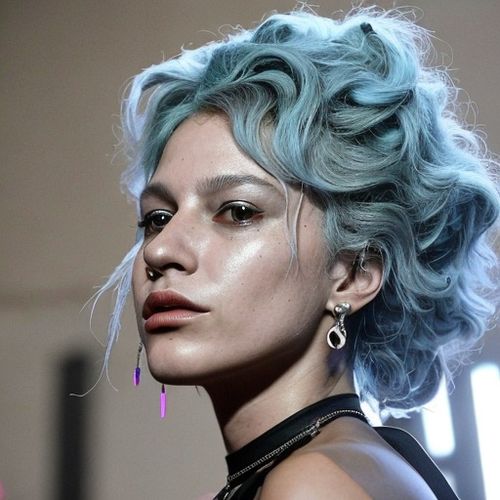
By Thomas Roberts/Apr 13, 2025
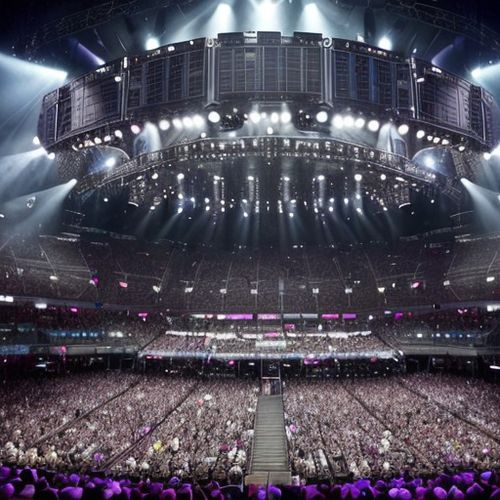
By Sarah Davis/Apr 13, 2025